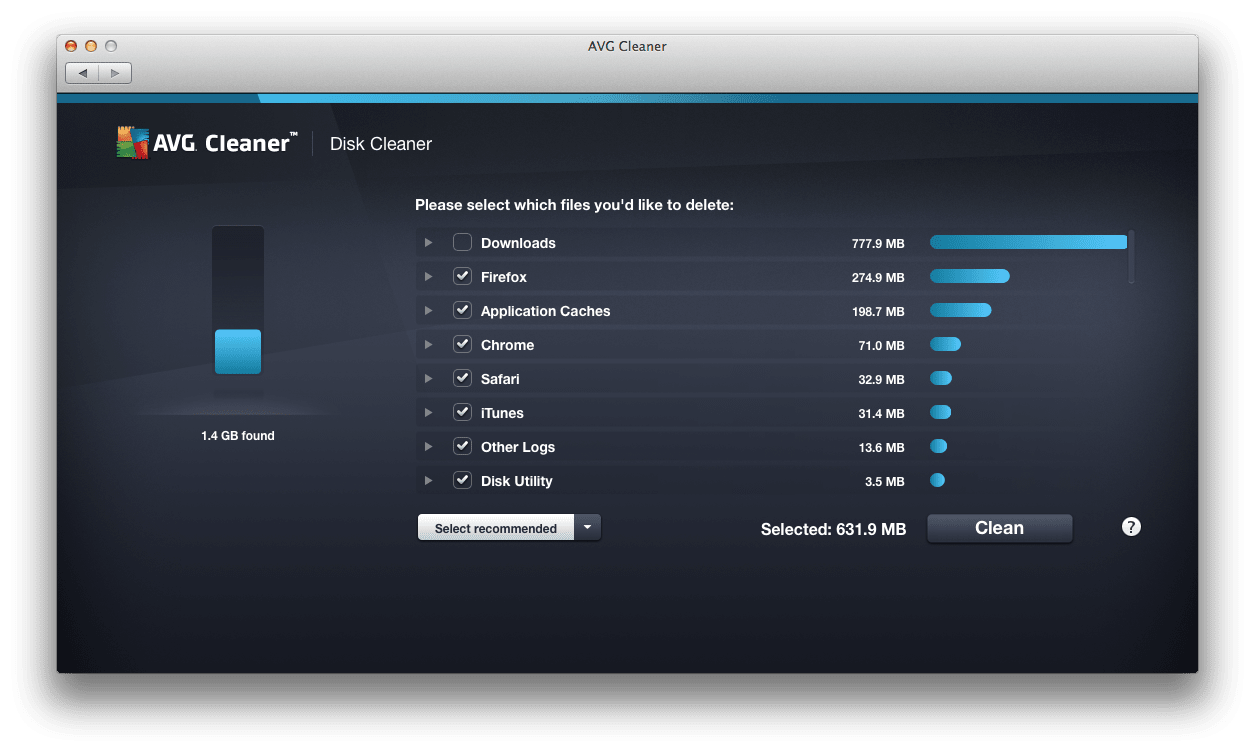
Do you need additional antivirus for Mac? These are great professional services but unfortunately not enough to stand against advanced cyber threats. After submission apps get scanned for malware, then issued with an Apple Notarisation ticket. This malware scanning service allows developers to submit apps to Apple (here we’re talking about developers building and distributing apps outside the App Store). Notarisation is another way Apple keeps users safe. The antivirus has a standard procedure: it scans files for malware traces and notifies users if there is any suspicious content. It's been around since 2009 and still is Apple's main malware detection service. XProtect is your Mac's antivirus built-in technology. When it comes to digital security there are neither supernatural technologies that give 100% protection guarantee nor device-based exceptions. Rumor has it that somehow Macs are immune to hacking and viruses. The short answer is YES! Mac devices have vulnerabilities and weak spots too. Keep reading to find out what antivirus is built-in on your Mac and what other legit antiviruses are out there. Logically, antivirus technologies should also become supreme for better user protection.Īs you’ve already guessed, antivirus protection is what we’re going to discuss in today’s article. They get more sophisticated and refined, therefore hard to catch. But let’s take a moment to think critically… Cybercrimes haven’t stopped evolving. With the combination of those two options alone, your privacy is greatly improved.A common belief is that Mac built-in antivirus XProtect is more than enough to secure Mac safely.

At the same time, you should most certainly enable DNS over HTTPS. I would go so far as to say Private mode should be your default path for using any web browser, especially if privacy is your top concern. Which path should you take?įor those who don't want to adopt a different browser, at the bare minimum, you should be using Private mode as often as possible. With Tor, you don't have to worry about using a Private mode or enabling DNS over HTTPS.

But given the speeds of today's ISPs, the hit your browser will take is nothing like it was 10 years ago.

That's because Tor uses servers around the globe for randomizing your traffic. The caveat to using Tor (or any anonymizer or VPN technology) is that your web experience will be noticeably slower. In other words, your history and cookies are deleted upon exit and no one but you can see what you browse.

With Tor, all three of the above are deleted, but you maintain a heightened level of anonymity. How to check if your VPN is working (and what to do if your VPN won't connect)


 0 kommentar(er)
0 kommentar(er)
